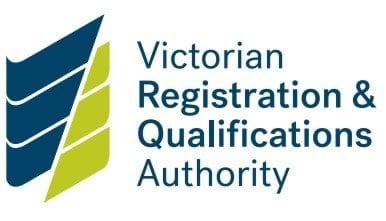Steps to compliance
1. Review or revise
Review and revise existing complaints policies and procedures or develop new ones to meet this Standard. When doing this, address each specific requirement set out in Clause 11 of Ministerial Order 1359.
The complaints policies and procedures must be child focused, publicly available and accessible. This means children can understand what to do and who to talk to if anything makes them feel uncomfortable or unsafe. This includes procedures (‘the process for making a complaint’) that children can understand and follow if they need to.
The complaints policies must contain clear procedures for responding to complaints or concerns about child abuse in all forms, including:
- physical child abuse
- sexual child abuse
- grooming
- emotional child abuse
- family violence
- neglect.
Complaints must be taken seriously and responded to. This means policies specify the behaviour and procedures staff and volunteers must follow when they:
- receive a complaint
- become aware of concerns relating to child abuse.
Staff and volunteers are not required to make a judgement about the truth of a complaint or concern relating to child abuse. Complaints policies and procedures must not include any statement that indicates or implies that they are.
Respond to complaints promptly and thoroughly. This means upon receiving a complaint schools must:
- carry out the actions listed in their complaints policies and procedures in a timely manner
- act to protect a student who raises or is affected by a complaint or concern.
2. Endorse
Updating complaints and reporting policies and procedures is not enough. The school governing authority must endorse the policies and procedures for complaints and reporting of child abuse.
Schools must also make them publicly available. This could mean:
- posting them on a public website
- distributing them through school newsletters or communications
- including them in school induction materials.
3. Implement
Compliant schools:
- have a clear procedure for responding to complaints or concerns about child abuse
- have a complaints handling process focused on students and their safety needs
- take complaints and concerns seriously
- respond promptly and thoroughly
- support and protect students who raise, are affected by, or connected to, complaints or concerns
- identify and respond to all forms of child abuse
- report child abuse to relevant authorities, whether or not there is a legal obligation to report it.
Examples of common non-compliance
- There is no complaints policy or associated procedures for responding to complaints or concerns about child abuse.
- Complaints policies and procedures are not reviewed and changed to cover all Ministerial Order 1359 requirements.
- Procedures designed and written for adults only, not children. It is not clear that children and students know what to do and who to talk to if anything makes them feel uncomfortable or unsafe.
- The complaints policy and procedures cover some people within the school, but not others. For example:
- a complainant is told that they can make a complaint about staff, but not about volunteers, contractors, children or students.
- a student or child is told that they cannot make a complaint about another student or child. This is incorrect.
- A complaint is made, but the school does not carry out the actions listed in the published policy or associated procedures in a timely manner.
- A school does not record or act on a complaint.
- A school discourages or prevents somebody from making a complaint.
- Procedures do not identify:
- the role and responsibility of leadership, staff and volunteers in handling complaints
- an alternative procedure if any person with responsibility cannot perform their role. For example, if they are the subject of the complaint.
Updated


